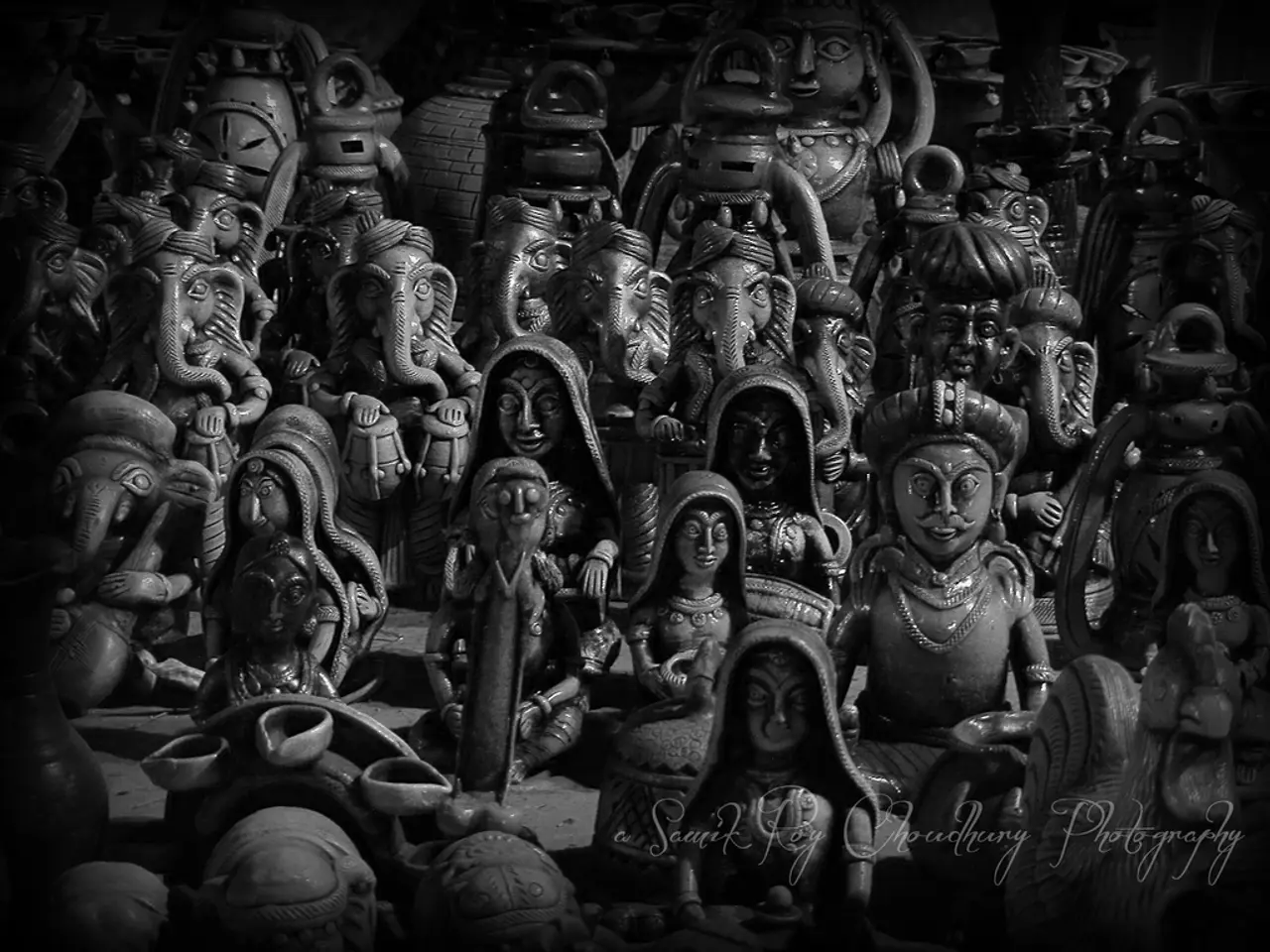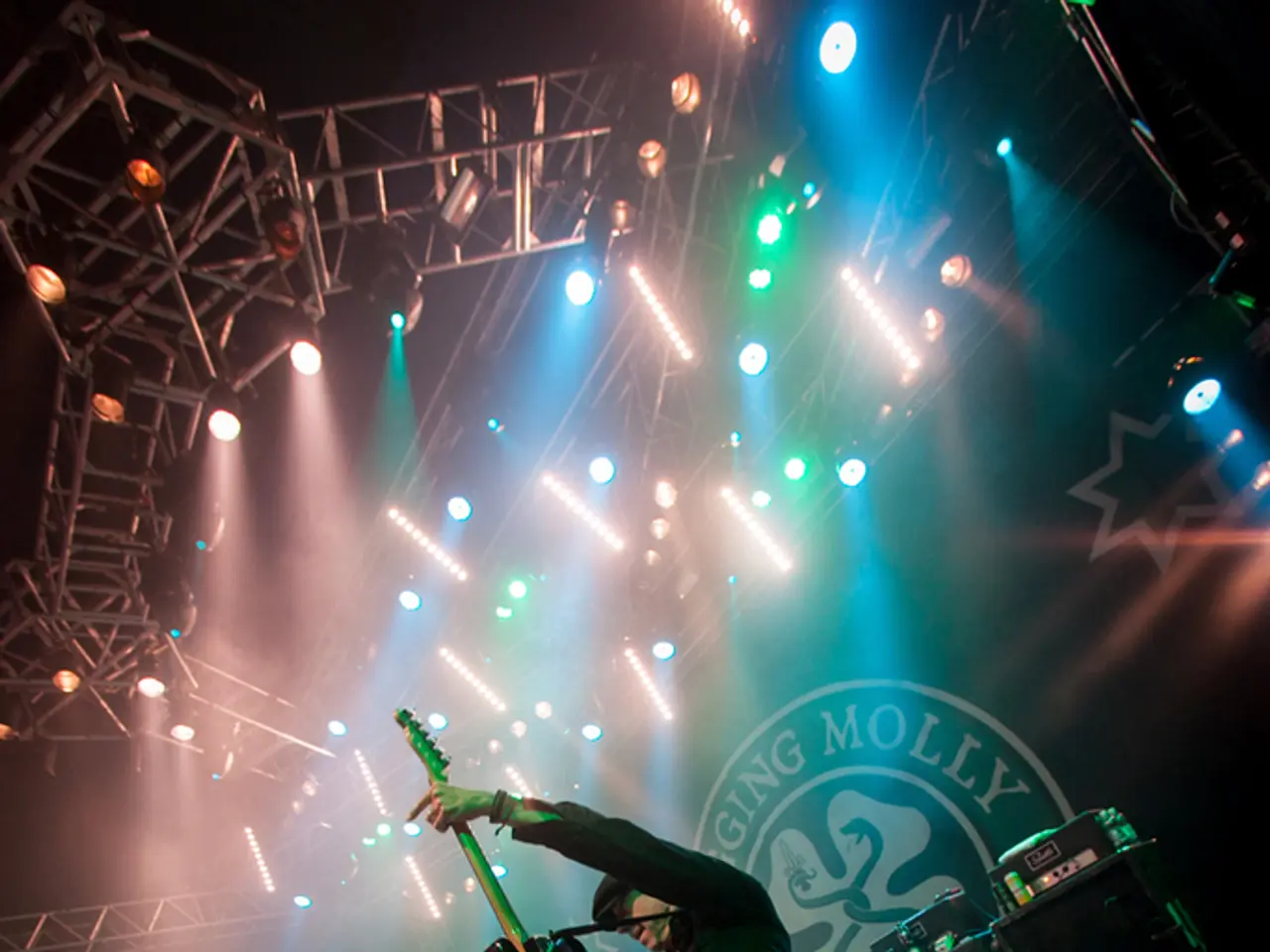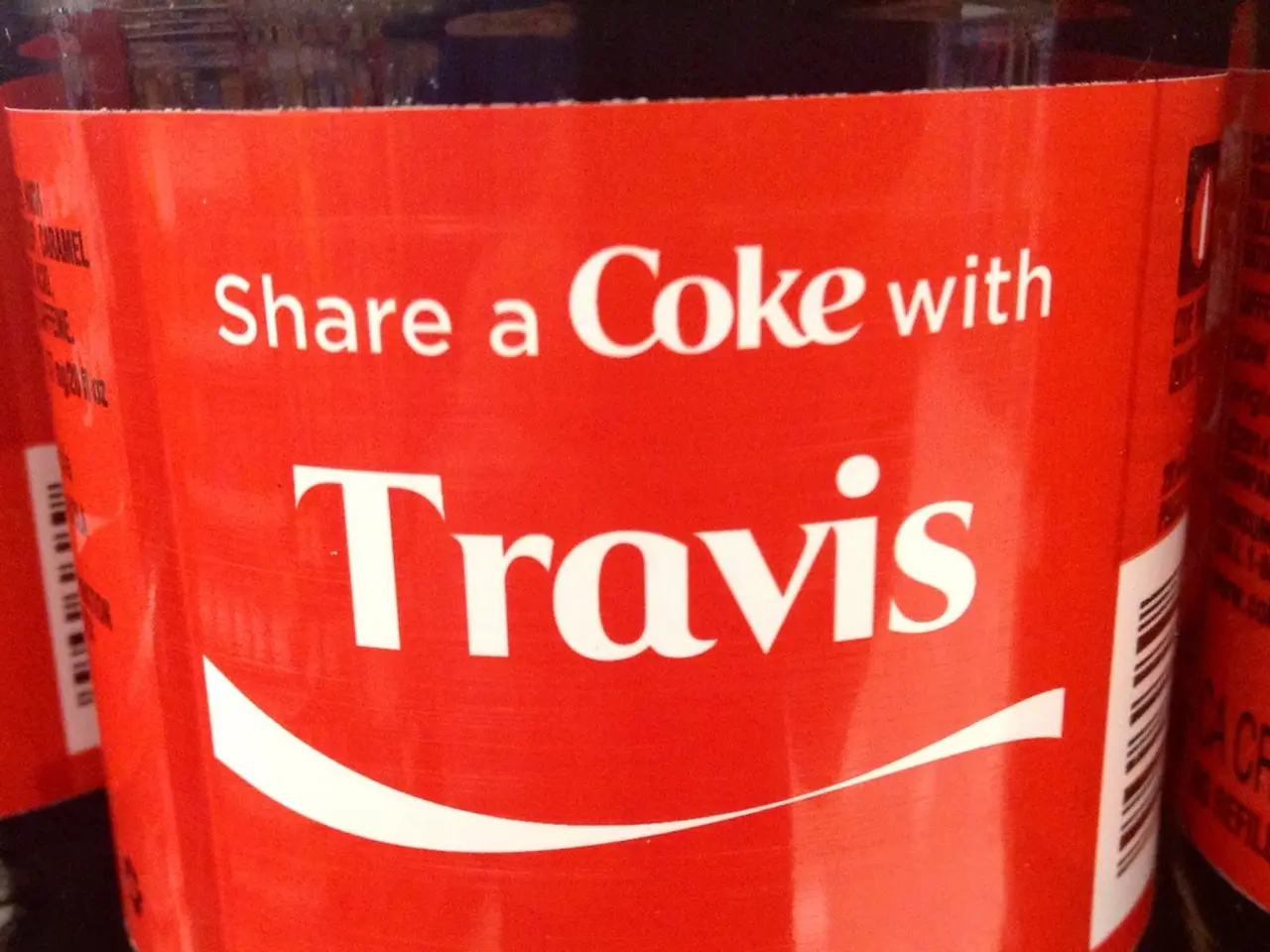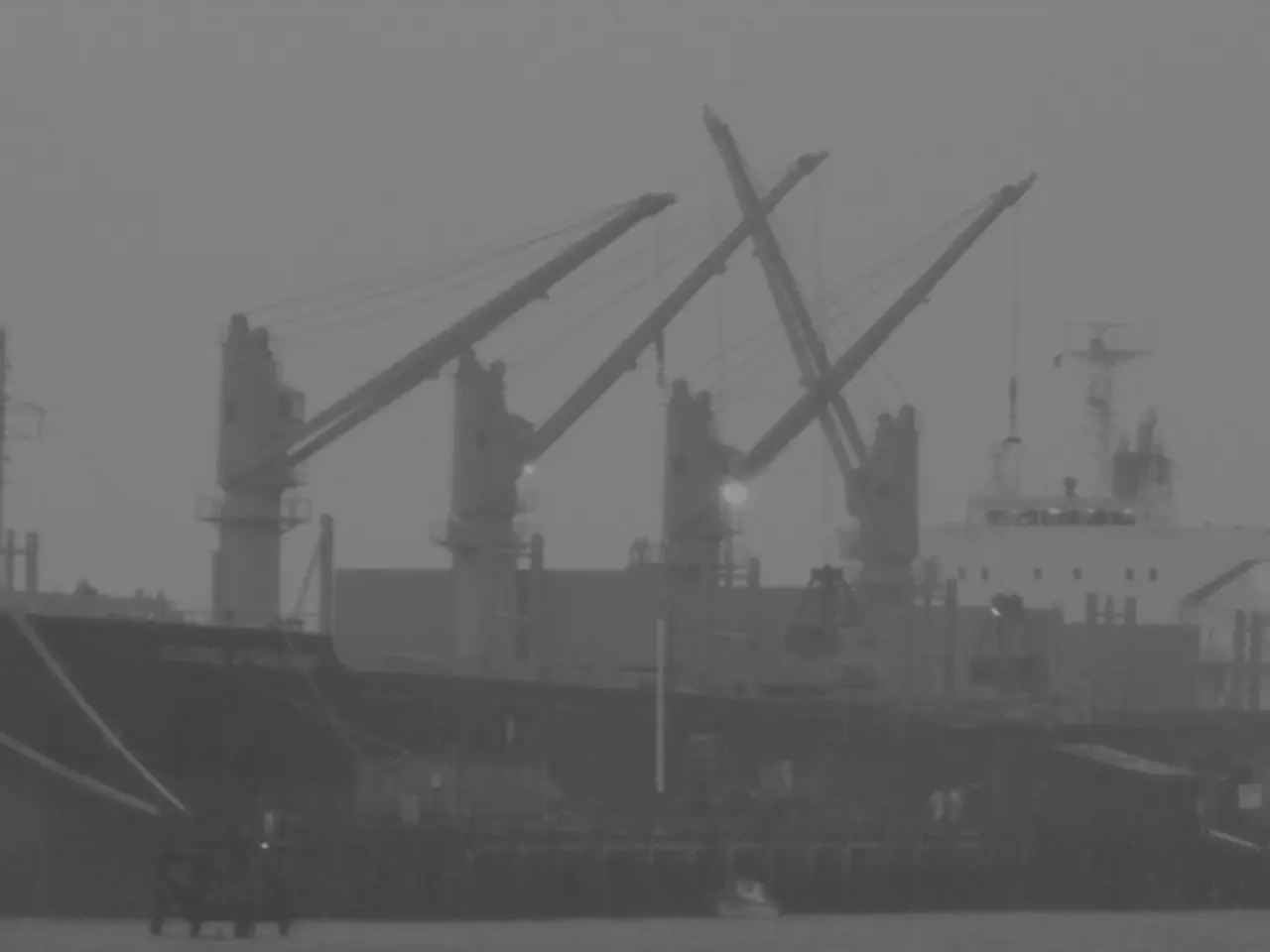Dalai Lama reaches age 90, reaffirms dedication to challenging China's authority for the future
The spiritual leader of Tibetan Buddhists, the Dalai Lama, celebrated his 90th birthday on Sunday, with thousands of followers, celebrities, and officials from the United States and India attending the festivities in Dharamshala, a small town in the foothills of the Himalayas in India.
Global leaders, including Indian Prime Minister Narendra Modi and US Secretary of State Marco Rubio, sent well-wishes to the Dalai Lama on his special day. Secretary Rubio expressed appreciation for the Dalai Lama's message of "unity, peace, and compassion."
During his birthday celebrations, the Dalai Lama is scheduled to deliver a speech. The topic of his succession is expected to be addressed, as he has previously stated that he would reincarnate as the leader of the faith upon his death.
The authority to recognise the successor of the Dalai Lama resides solely with the Gaden Phodrang Trust, the Office of His Holiness the Dalai Lama. This body is responsible for the search and recognition process, consulting the heads of various Tibetan Buddhist traditions and the oath-bound Dharma Protectors linked to the Dalai Lama lineage, following established traditional procedures.
However, China's stance on the matter is a point of contention. The Chinese Communist Party (CCP) and related organisations, such as the Buddhist Association of China, claim that the central government of the People's Republic of China is the sole authority entitled to name Tibetan religious leaders. The CCP has indicated it will likely appoint its own candidate as a competing successor to the Dalai Lama.
This dispute over succession is expected to fuel tensions, as Beijing's recognition lacks legitimacy among many Tibetans and the Tibetan government-in-exile, which is hosted by India. The Dalai Lama's reaffirmation seeks to preserve the spiritual tradition and the Tibetan Buddhist community’s right to manage their religious affairs without Chinese governmental interference.
The US supports efforts to preserve Tibetans' distinct linguistic, cultural, and religious heritage, including their ability to freely choose and venerate religious leaders. The United States has also called on Beijing to cease interference in the succession of the Dalai Lama and other Tibetan Buddhist lamas.
This conflict over the Dalai Lama’s succession is not just a religious matter but also a geopolitical issue involving sovereignty, cultural identity, and international relations. The Dalai Lama, in his birthday message, described himself as "just a simple Buddhist monk," reminding the world of the spiritual essence behind the political controversy surrounding his succession.
References: [1] "Dalai Lama's Successor: Who Decides?" BBC News, 2021. [Online]. Available: https://www.bbc.com/news/world-asia-india-58406112 [2] "Dalai Lama's Successor: The Controversy Explained" The Guardian, 2021. [Online]. Available: https://www.theguardian.com/world/2021/jul/25/dalai-lama-successor-the-controversy-explained [3] "The Dalai Lama's Succession: A Geopolitical Issue" The Diplomat, 2021. [Online]. Available: https://thediplomat.com/2021/07/the-dalai-lamas-succession-a-geopolitical-issue/
In the midst of global events, the topic of the Dalai Lama's succession has been a subject of interest, intertwining war-and-conflicts, politics, general-news, and even the realm of celebrity, as various world leaders such as Indian Prime Minister Narendra Modi and US Secretary of State Marco Rubio have shown their support and sent well-wishes on this matter. Meanwhile, the entertainment industry, albeit indirectly, has also been affected as this dispute over succession could potentially fuel tensions, impacting cultural identity and international relations.







